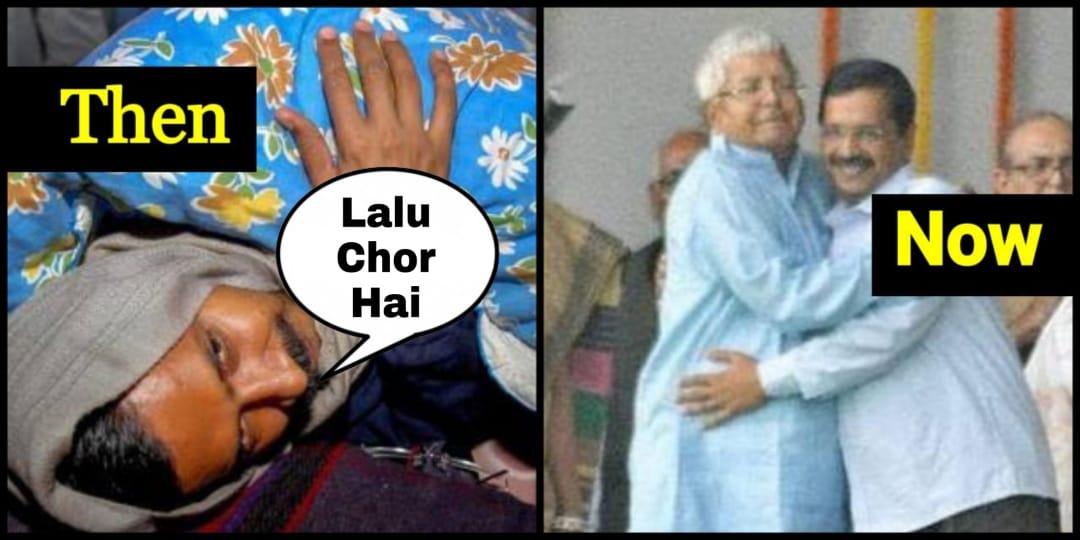No products in the cart.
History of persecuted Kalash Hindus of J&K this Kalash girl gives us a glimpse into her pain
The Kalash religion of Kashmir is a unique religious tradition practised by the Kalash tribe living in the Kalash Valley of Kashmir. This religion symbolizes their cultural and religious characteristics and is an important part of their cultural heritage.
Have you ever heard about Kalash religion? They live in the three sub-valleys of Kalash; Bamboret, Rumbor, and Birir, in the modern district of Chitral, Pakistan.
The population of the people of Kalash faith was very high, it has come to be known from the pages of history. In one such video, a girl from Jammu & Kashmir has told that her basic religion is Kalash. “Earlier their population was very high but Putsoder Muslims killed us and finished them off”, She said.
Unraveling the Veil of History
The origin of the Kalash Valley remains a perplexing mystery, entangled in theories. Three major hypotheses are widely accepted. The first links the Kalash people to Alexander the Great’s descendants, creating a romantic narrative. The second theory identifies them as the native tribe of Nuristan, forcibly converted to Islam in the late 1800s, leading many to migrate to Chitral. The third suggests a distant origin from a land called Tsiam in South Asia, supported by Kalash folklore. Amidst these theories, the truth behind the Kalash Valley’s origin remains unclear.
– Spiritual Devotion and Cultural Fusion.
The adherents of the Kalash religion hold their land and the Earth in reverence, viewing them as divine entities worthy of worship. A distinctive aspect of this faith is its absence of belief in a singular deity; instead, followers also venerate the ancestral spirits as integral to their spiritual practices.
Their unique culture is closely intertwined with this belief system, expressed through language, songs, dances, and clothing. Kalash women wear elaborate black robes adorned with vibrant embroidery, cowrie shells, beads, and necklaces, while men wear a blend of Pakistani and regional attire. Their diverse customs include distinct marriage practices, with elopement marriages being popular, particularly among women who were previously married. Notably, wife banishment is a cherished Kalash tradition, adding to the rich tapestry of their way of life.








